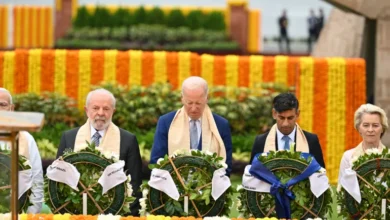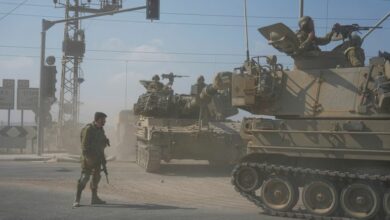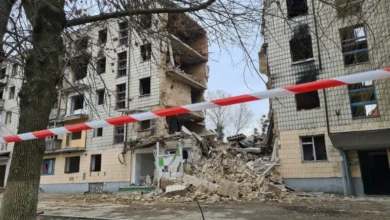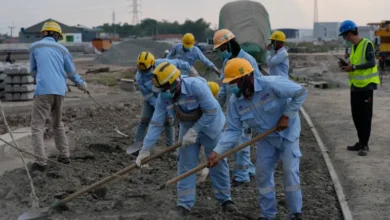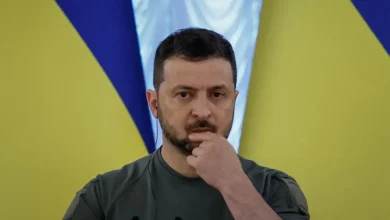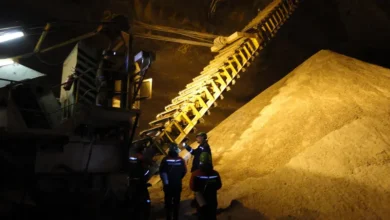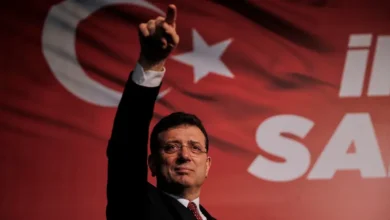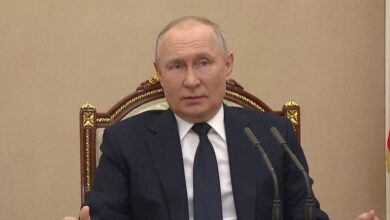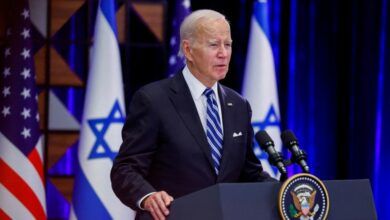Senegal election results: Who is Diomaye Faye, tipped to be next president?
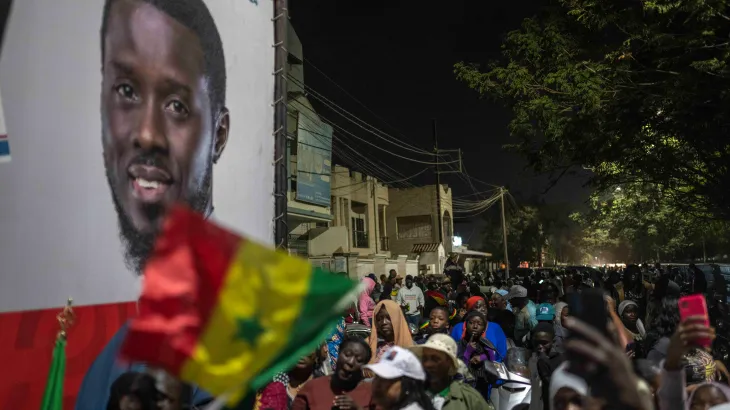
Senegal’s main opposition candidate Bassirou Diomaye Faye appears to have won Sunday’s presidential election.
The electoral body has yet to release details about the results as vote counting is under way. Official results are expected to be announced in the coming days. But results released so far already show Faye with more than 50 percent of the vote – which eliminates the need for a run-off.
His supporters have been celebrating on the streets of the capital, Dakar, amid hopes that the new administration might address persistent poverty and corruption.
The outgoing governing coalition’s candidate, former Prime Minister Amadou Ba, on Monday conceded defeat to Faye hours after saying he was ready for a run-off vote. Incumbent President Macky Sall has also congratulated Faye on his victory.
Here is more about Faye and what the results may mean for the future of Senegal’s democracy.
Who is Bassirou Diomaye Faye?
Faye has been thrust into the centre of Senegalese politics more than a week after he was released from prison along with his firebrand mentor Ousmane Sonko, who was disqualified from standing in the election because of a defamation conviction.
The 44-year-old leader contested the elections as an independent due to the dissolution of his Patriots of Senegal (PASTEF) party last July for causing unrest. The PASTEF party, which was founded by Sonko in 2014, endorsed Faye.
The left-wing populist has been organising protests against President Macky Sall accusing his government of corruption and failing to address chronic poverty. Sall’s decision to extend the elections originally scheduled for February triggered the latest round of political crisis.
The elections were held after the intervention of the Constitutional Court.
Faye was born in 1980 in west-central Senegal’s Ndiaganiao. He met Sonko while working as a tax inspector in the government’s taxes and estates department, where they were instrumental in the formati
Why was Faye in prison?
In April 2023, Faye was arrested on charges including spreading false news, contempt of court and defamation of a constituted body, for a social media post.
Sonko was arrested on multiple charges in July 2023 including provoking insurrection, conspiring with “terrorist” groups, endangering state security and immoral behaviour towards individuals younger than 21.
Faye, alongside Sonko, was released late on March 14, days before the vote, after an amnesty law was passed this month.
What are his policies?
Faye, a former tax inspector, has pledged to weed out corruption, restore stability and prioritise economic sovereignty, appealing to the urban youth frustrated by unemployment in the West African country where 60 percent of the population is aged under 25.
He wants to rid Senegal of the CFA franc inherited from the colonial era, which is pegged to the euro. He proposes introducing a new currency instead. The CFA franc, backed by the French treasury, is accepted in 14 member countries.
Additionally, he wishes to renegotiate mining and hydrocarbon contracts. The country is expected to start hydrocarbon production this year.
The biggest challenge for the new leader would be to address the more than 20 percent unemployment rate.
What could the results mean for the future of Senegal’s democracy?
A victory for Faye is a good sign for democracy in Senegal, said Alioune Tine, founder of the think tank Afrikajom Center and Amnesty International’s former regional director for West and Central Africa.
“Democracy was sick with political violence, with state violence, with death,” Tine told Al Jazeera, referring to the political violence of the last few years. He added that Sonko being unable to contest elections further showed that democracy was sick.
“But he [Sonko] had the brilliant idea of nominating his number two to be a candidate,” he said.
Tine added that a positive aspect of Senegal’s democracy is that since independence, it has never allowed a military coup, unlike other West African countries where political crises have amounted to coups.
